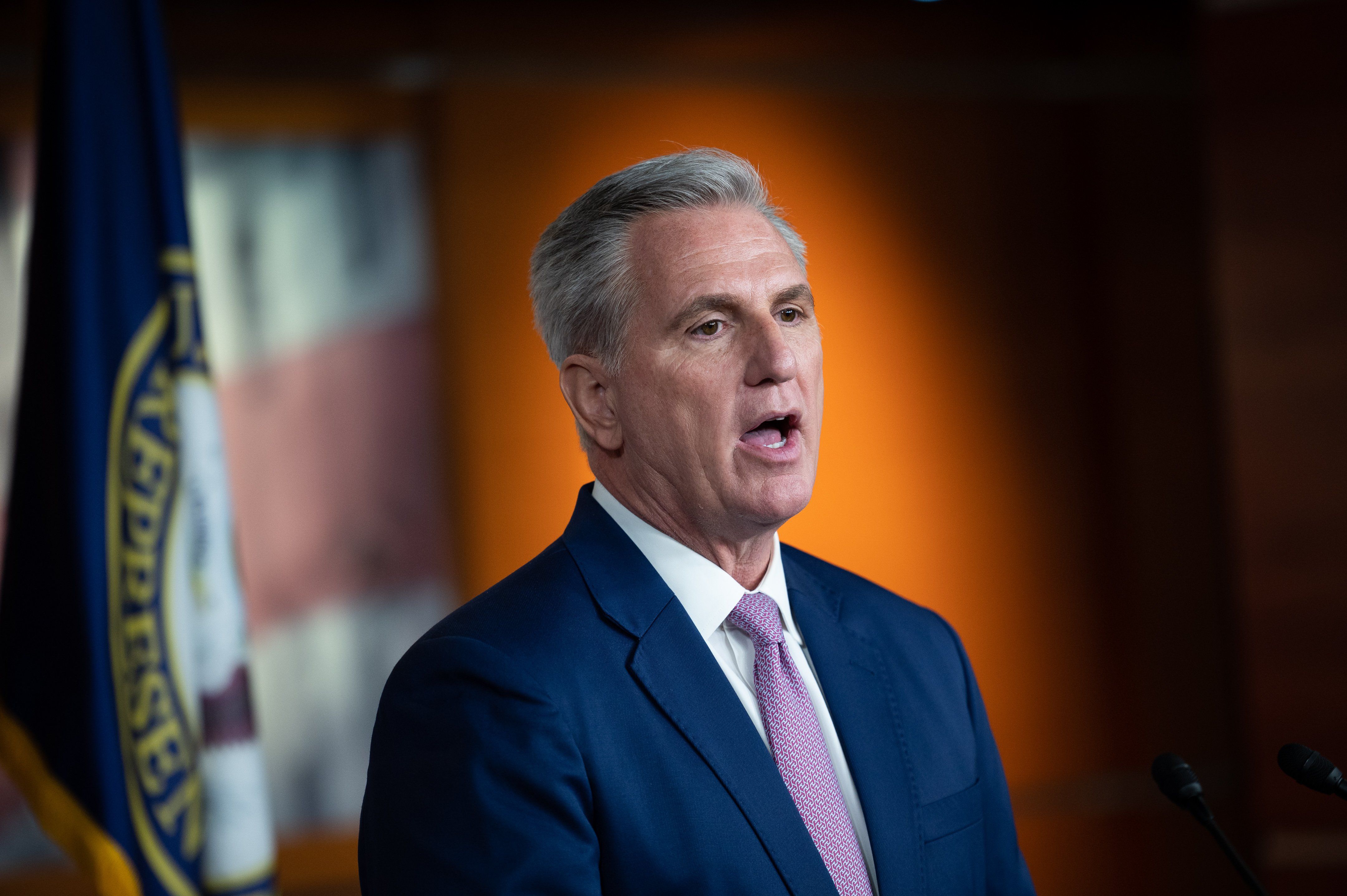Kyiv is likely on tenterhooks after House Speaker Kevin McCarthy on Tuesday rebuffed the prospect of Congress passing a supplemental funding bill for Ukraine, saying that such a proposal “isn’t going anywhere.”
This is a big deal for two reasons. First, it is an obvious blow for Kyiv, which has become reliant on US economic and military aid – Washington has doled out $110 billion since the war started. The timing is also less-than-ideal considering that Kyiv has just gotten its much-anticipated counteroffensive off the ground.
It also highlights the deepening ideological rift within the Republican Party that has proven to obstruct legislating efforts, a turnoff for voters.
As part of last week’s debt ceiling bill to avoid the US defaulting on its debt, House Republicans capped defense spending at $886 billion for the next fiscal year. And in order to get that bill through the upper chamber, Republican Senate leader Mitch McConnell assured defense hawks in his caucus – who argue that the Pentagon needs a bigger budget – that Congress would pass an additional Ukraine aid bill. But now McCarthy is saying that’s a no-go and that any future aid to Ukraine should be drawn from the Pentagon’s allocated funds.
Meanwhile, several hawkish Republicans – like Senator Lindsey Graham – say they will fight it out until they get what they want. Taking aim directly at McCarthy, Graham said Tuesday that “the speaker will never convince me that 2% below actual inflation is fully funding the Defense Department … That cannot be the position of the Republican Party without some contest.”
Yet again, the stakes are sky-high for the embattled McCarthy, who has personally backed additional aid to Ukraine but is navigating a vocal anti-Ukraine faction within his caucus that will seethe – and potentially punish the speaker – if he goes back on his word.